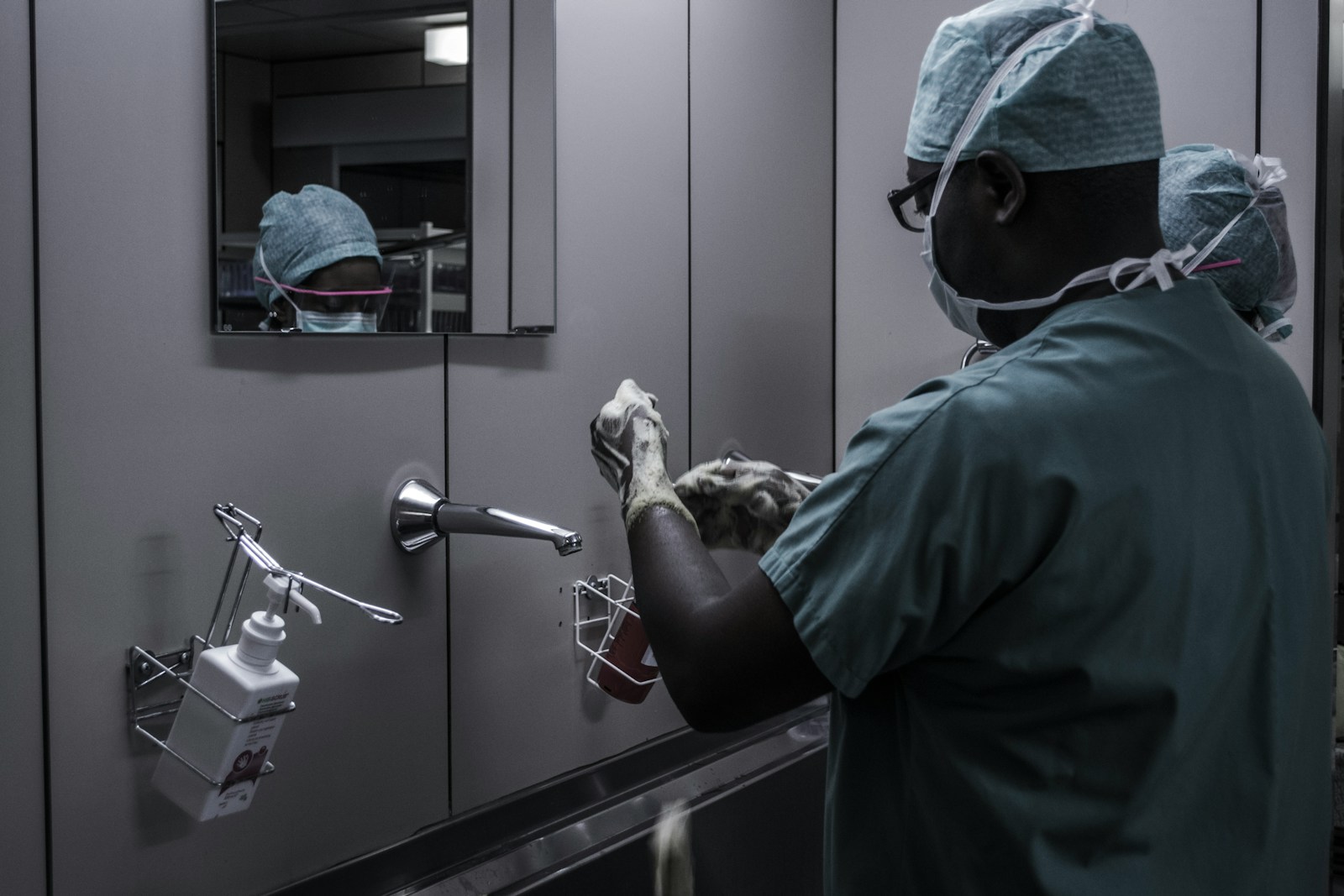How to Maintain Hygiene Standards in Hotel Housekeeping: A Comprehensive Guide for Melbourne
Maintaining high hygiene standards in hotel housekeeping is crucial for ensuring guest satisfaction, building a strong reputation, and complying with health and safety regulations. In the bustling hospitality industry of Melbourne, where landmarks like Federation Square, the Melbourne CBD, and South Bank attract millions of tourists annually, hotels must prioritize cleanliness to meet the expectations of discerning travelers. Whether you’re managing a luxury resort or a budget-friendly motel, adhering to strict hygiene protocols is non-negotiable. This article outlines the top 10 essential practices to ensure your hotel’s housekeeping team maintains impeccable standards.
1. Establish a Comprehensive Cleaning Schedule
A well-structured cleaning schedule is the backbone of effective housekeeping. Regularly cleaning guest rooms, public areas, and facilities ensures that dirt, dust, and germs are eliminated before they become a problem. For example, in high-traffic areas of Melbourne hotels, such as lobbies and dining areas, daily deep cleaning and trash removal are essential to maintain a fresh and welcoming environment.
Key Tip: Use a digital management system to track cleaning tasks and ensure accountability. This approach is especially beneficial for hotels in Melbourne’s busy business districts, where turnover rates are high.
2. Train Staff on Proper Cleaning Techniques
Your housekeeping team’s expertise plays a significant role in maintaining hygiene standards. Providing comprehensive training on proper cleaning techniques ensures that staff members understand the importance of using the right products and tools. For instance, during the COVID-19 pandemic, Melbourne hotels had to adapt by training staff on enhanced cleaning protocols, including the use of EPA-approved disinfectants.
Example: At a hotel in Melbourne’s South Bank, staff were trained to use color-coded cloths for different surfaces (e.g., green for bathrooms, blue for countertops) to prevent cross-contamination.
3. Use High-Quality Cleaning Supplies
Investing in reliable cleaning supplies is a must for maintaining high hygiene standards. Products such as microfiber cloths, disposable gloves, and eco-friendly cleaning solutions are essential for ensuring surfaces are thoroughly cleaned and disinfected. In Melbourne, where eco-consciousness is a growing trend, hotels can also market their use of sustainable cleaning products to appeal to environmentally aware guests.
Key Tip: Regularly restock cleaning supplies to avoid shortages, especially in heavily utilized areas like gyms and laundry rooms.
4. Conduct Regular Inspections
Inspecting guest rooms and public spaces regularly helps identify potential issues before they escalate. A spotless inspection process reassures guests of the hotel’s commitment to hygiene. For example, luxury hotels in Melbourne often conduct unannounced inspections to ensure consistency in housekeeping practices.
Scenario: After receiving a complaint about a dirty bathroom, a Melbourne hotel implemented a twice-daily inspection system for all guest rooms, significantly improving guest satisfaction scores.
5. Proper Disposal of Waste
Effective waste management is a often-overlooked aspect of hotel hygiene. Ensuring that waste is disposed of correctly prevents the spread of germs and odors. In Melbourne, hotels in areas like the CBD, where food establishments are prevalent, must maintainStrict waste disposal protocols, especially in kitchens and dining areas.
Key Tip: Use designatebins for recyclables, general waste, and hazardous materials like cleaning supplies. This approach not only promotes hygiene but also aligns with Melbourne’s sustainability goals.
6. Focus on High-Touch Areas
High-touch areas, such as door handles, light switches, and elevator buttons, are hotspots for germ transmission. Disinfecting these surfaces frequently is critical for maintaining a clean and safe environment. In Melbourne’s urban hotels, where foot traffic is high, this step is particularly important.
Example:A five-star hotel in Melbourne’s CBD installed touchless hand sanitizer dispensers in all guest rooms and public areas, significantly reducing the spread of germs.
7. Maintain Proper Ventilation
Good ventilation helps reduce odors and prevent the buildup of harmful bacteria. Ensuring that guest rooms, kitchens, and bathrooms are well-ventilated is essential for maintaining high hygiene standards. In Melbourne’s humid summers, hotels must invest in effective ventilation systems to combat mold and mildew.
Key Tip: Regularly clean air conditioning units and fans to prevent dust and allergen accumulation.
8. Launder Linens and Towels Thoroughly
Clean and fresh linens and towels are a hallmark of a well-maintained hotel. Ensuring that these items are laundered at high temperatures and stored properly prevents the spread of germs. In Melbourne, hotels can market their use of hypoallergenic linens to attract guests with allergies.
Scenario: A budget hotel in Melbourne’s St Kilda district improved guest reviews by upgrading its laundry services and offering fresh linens daily.
9. Implement a Pest Control Program
Pests like rodents and insects can compromise hygiene standards and damage a hotel’s reputation. Partnering with a reputable pest control company is essential for maintaining a clean and safe environment. In Melbourne, hotels in areas like theDocklands, which are close to water, must be particularly vigilant against pests.
Key Tip: Store food supplies in sealed containers and maintain a clean kitchen to deter pests.
10. Stay Updated on Hygiene Regulations
Health and safety regulations are constantly evolving, especially in light of global health crises like COVID-19. Staying updated on the latest hygiene guidelines ensures that your hotel remains compliant and protects both guests and staff. In Melbourne, hotels can refer to guidelines from organizations like the Australian Hotels Association for best practices.
Example: After the COVID-19 pandemic, many hotels in Melbourne adopted contactless check-in processes and increased their focus on deep cleaning protocols.
Conclusion
Maintaining hygiene standards in hotel housekeeping is a continuous process that requires attention to detail, proper training, and a commitment to excellence. By following the 10 practices outlined in this article, hotels in Melbourne can ensure a clean, safe, and welcoming environment for guests. With Melbourne’s vibrant tourism scene and iconic landmarks, adhering to these standards is not just a responsibility—it’s a competitive advantage. Whether you’re managing a boutique hotel in Fitzroy or a luxury resort in Mornington Peninsula, prioritizing hygiene will help you stand out in the hospitality industry.

